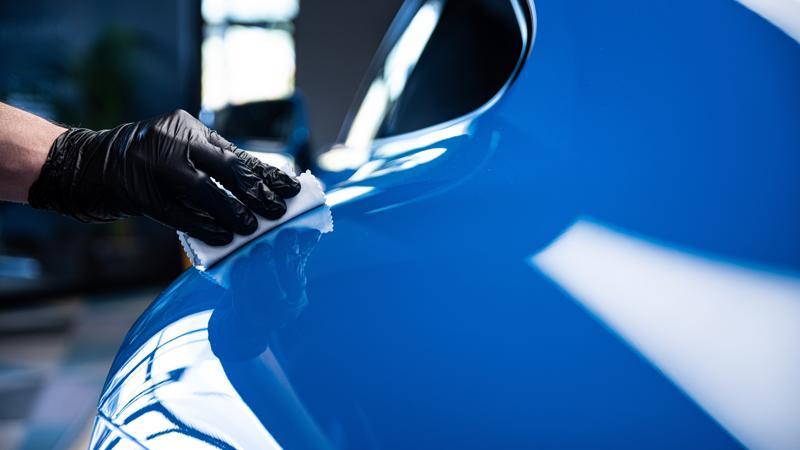Checking Account Basics

Checking accounts are the basic bank account that is offered by almost every financial institution. For most people, a checking account is the first type of bank account that they have. Most checking accounts are also paired with saving accounts. Having paired checking and savings accounts allow you easy access to your money through debit transactions, and allow your money to accumulate interest over time. A checking account will usually require you to have a minimum balance, although this minimum balance is typically lower. The exact value is determined by the financial institution, but you can expect to see a range of $5 to $35. Some checking accounts may not require you to have a minimum balance at all.
Difference Between Savings Accounts and Checking Accounts
When you put your money in a savings account you are ensuring that your money is safe, mainly because that money is insured against loss. Keeping your money in physical form at home in a safe is not considered safe, as any robbery or fire could destroy the money, and without insurance your money is not covered in the case of any such disaster. However, money in a savings account is 'safe' because banks insure your money (up to $100,000) through the Federal Deposit Insurance Corporation (FDIC).
Should your bank fail and go out of business, which is an extremely rare occurrence, your money, up to $100,000 of it will be there for you. Credit Unions are often insured through an alternate group, The National Credit Union Administration (NCUA). The NCUA insures accounts for up to $250,000. The FDIC is an independent government agency created in 1933 in response to the financial crashes in the years before. The FDIC has been successful, or at least one could argue as such, as since the creation of the FDIC, no person with money in a bank insured by the FDIC has lost money. Aside from being insured, having your money in a joint checking and savings account means you receive interest on a regular basis.
The difference in interest they pay you versus the interest they charge others is part of how they stay in business.
Interest on savings accounts is usually compounded daily and paid monthly. The cool thing about compounded interest is that the bank is paying you interest on the money they've paid you in interest! That means that if your account earns one percent interest, then each day 1/365th of that one percent of the amount of money you have in your savings account is then added to your total. Here is the calculation:
Daily compounding = Principal (1 + interest rate/365)365 = (daily compounded amount).
The interest your money earns in a savings account often depends on the type of financial institution you have selected and the type of account. Banks and credit unions are different animals. While banks are commercial businesses, credit unions are typically non-profit organizations that are organized for specific groups of people.
How Do You Open a Checking Account?
Before you open a new checking account, you should have at least two different forms of identification (i.e., a passport, driver's license, social security card) with you. A bank or credit union representative will require this information to open your new account. They will also cover the terms and conditions that come with your new account, such as overdraft fees and minimum balances. Once a representative has assisted you in opening your account, you'll receive a packet of information outlining what they covered with you while opening your account.
Benefits Of A Checking Account
Once you've opened your checking account, you will be able to utilize these services provided by your financial institution:
- Check Services: Typically your bank or credit union will provide a set amount of checks in your name. However, it's important to note that some banks may charge fees if you request checks, but if the majority of your transactions are online this may not be an issue.
- Debit Card Services: Unlike a credit card, debit cards allow customers to access funds that they have already deposited into their checking account. Credit cards only allow users to borrow money to a certain limit.
- Bill Pay: Most financial institutions will allow you to set up automatic bill pay through your checking account. This gives you peace of mind that your bills are paid on time and in full.
Special Types of Checking Accounts
Some banks offer special types of checking accounts for customers who have specific needs. Customers with poor credit or lower income levels, such as students or people with little credit history, should look for basic checking accounts (sometimes called "no frills accounts") which don't charge fees for certain features. In exchange for fee-free account access, your account will be limited in terms of interest earned and the amount of withdrawals you're allowed to make. There are also options for senior checking accounts as well.











